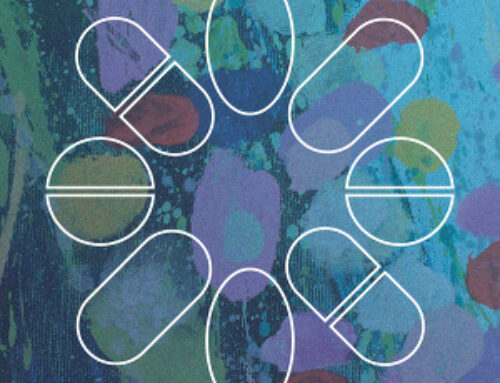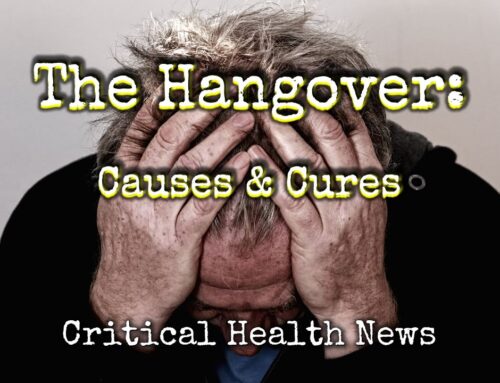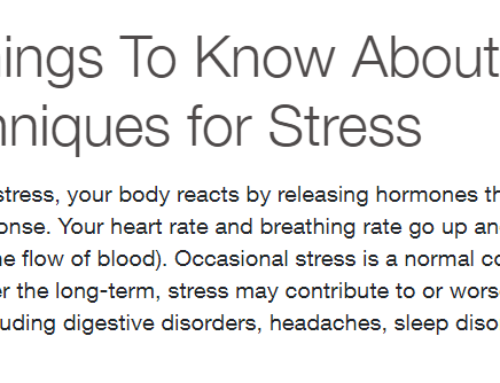The three Maxim’s of ancient Greece are “seriously sage advice” expressed in three very simple phrases: 1) Know thyself. 2) Nothing to excess. 3) Surety brings ruin. While these three pithy pearls of wisdom were initially articulated nearly 2,400 years ago, their acumen and usefulness is just as important today as it was then.
“Know thyself” can be thought of as insight (literally “in sight”), seeing inside ourselves, or assessing the why’s and what’s of what we do, and who we are. To live an effective life we should be constantly and endlessly scrutinizing our emotions, deconstructing our motivations and examining our beliefs, shifting attention away from external events to inner experiences. To assess what is going on inside ourselves, that’s affecting how reality is showing up for us.
“Nothing to excess” is about living with moderation or, as the religious scholars like to say, with temperance. There’s nothing that we can do that cannot be moderated. Eating without gorging, working without slaving and drinking without getting drunk are all examples of human activities that can be enjoyed, but enjoyed with restrain.
Finally, “surety brings ruin” reminds us that to live effectively, we need to live scientifically. Our beliefs must be examined as if under a microscope. What we know for sure should be subject to critical thinking. How is it that we know what we know? “Surety brings ruin” warns us to beware of a certainty, because in the words of Mark Twain, “It ain’t what we don’t know that gives us trouble; it’s what we do know that just ain’t so.”










